Veterinary visits are crucial for maintaining your feline friend’s well-being. In this comprehensive guide, we will walk you through everything you need to know to ensure your cat’s health and happiness during vet visits. From preparing for the appointment to understanding common procedures, we’ve got you covered. By following our expert advice, you can make veterinary visits a stress-free experience for both you and your beloved cat.
Understanding the Importance of Regular Veterinary Visits
For cat owners, regular veterinary visits are crucial for ensuring the health and wellness of their feline companions. These visits are not just for when your cat is sick or injured; they are also important for preventive care and early detection of potential health issues.
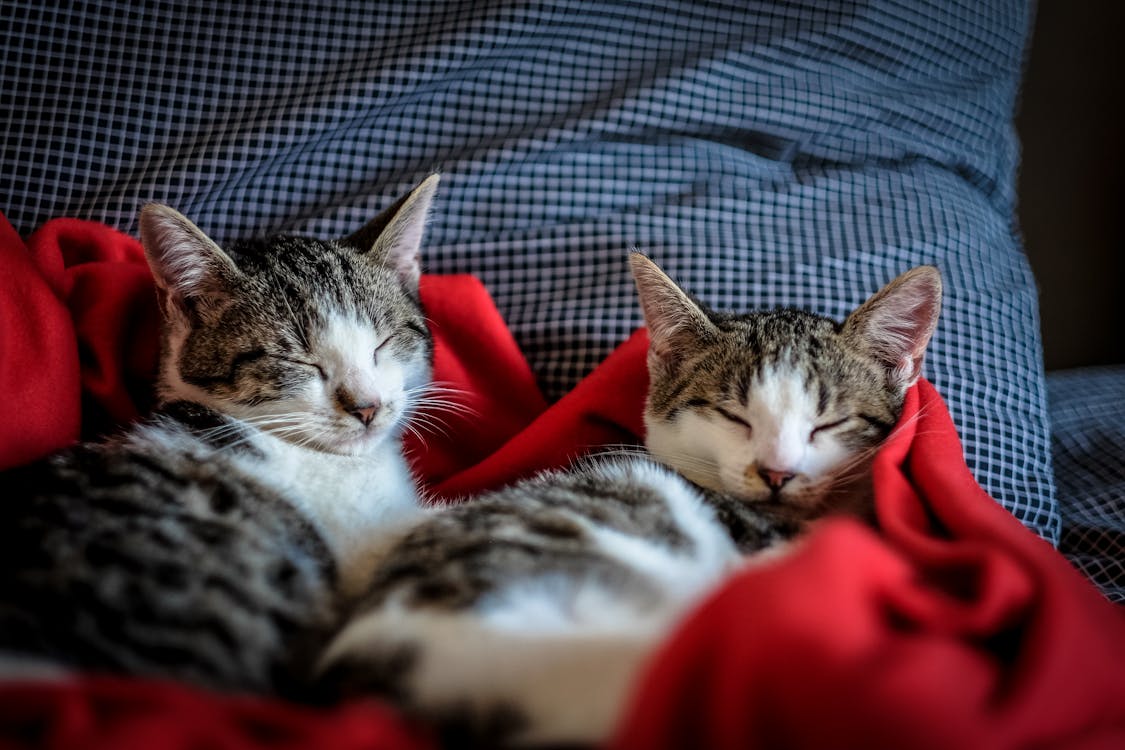
Factors Affecting Your Cat’s Health
- Age
- Diet and nutrition
- Environment and living conditions
Any of these factors can impact your cat’s overall health and may require special attention from your veterinarian to address.
Benefits of Regular Check-Ups for Your Cat
Regular veterinary check-ups are crucial for maintaining your cat’s health and wellbeing. During these visits, your veterinarian can conduct a thorough physical examination, administer necessary vaccinations, and address any concerns you may have about your cat’s health.
Assuming your cat is healthy, these routine check-ups can help establish baseline values for things like weight, temperature, and heart rate, making it easier to detect any changes that could indicate illness in the future.
Types of Veterinary Visits for Cat Health
Some of the key types of veterinary visits for your feline companion include routine check-ups, sick visits, emergency visits, and preventative care visits. Each type serves a different purpose in ensuring the health and wellness of your cat. Assume that regular visits to the vet are crucial in maintaining your cat’s overall well-being.
| Routine Check-Ups | Sick Visits |
|---|---|
| Regular health assessments | Diagnosis and treatment of illnesses |
| Vaccinations and parasite prevention | Monitoring chronic conditions |
| Dental exams and preventive care | Addressing sudden health concerns |
| Weight management and nutrition advice | Receiving necessary medications |
| Behavioral assessments | Guidance on palliative care for terminal illnesses |
Routine Check-Ups
Clearly, routine check-ups are crucial for keeping your cat healthy. During these visits, your veterinarian will conduct a thorough examination to assess your cat’s overall health. They will also administer any necessary vaccinations and provide recommendations for parasite prevention. Regular dental exams are crucial for detecting any oral health issues early on. Additionally, your vet can offer guidance on weight management, nutrition, and behavior to ensure your cat leads a happy and healthy life.
Sick Visits

For sick visits, it’s important to closely monitor your cat’s behavior and symptoms. If you notice any changes in eating habits, litter box usage, activity levels, or signs of distress, it’s time to schedule a sick visit with your veterinarian. Types of illnesses that may require a sick visit include respiratory infections, urinary issues, gastrointestinal problems, and skin conditions. Prompt medical attention can help alleviate your cat’s discomfort and prevent the condition from worsening.
Emergency Visits
On certain occasions, emergencies can arise that require immediate veterinary care. If your cat experiences trauma, difficulty breathing, sudden collapse, seizures, or any other critical condition, seek emergency veterinary assistance right away. It’s crucial to act swiftly in these situations to ensure the best possible outcome for your cat.
Preventative Care Visits
Even when your cat appears healthy, preventative care visits are vital for detecting any underlying health issues early. These visits include regular physical exams, vaccinations, parasite control, and screenings for diseases. Preventative care can help identify potential concerns before they develop into serious health problems, ultimately saving you time, money, and stress in the long run. It’s an investment in your cat’s long-term well-being.
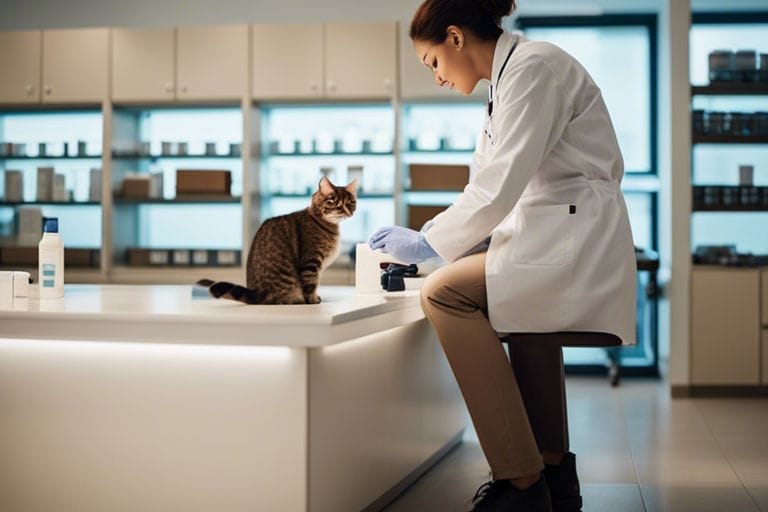
Preparing for a Veterinary Visit
Step-by-Step Guide to Preparing Your Cat
Now, let’s discuss how to best prepare your furry friend for a visit to the veterinarian. Follow this step-by-step guide to ensure a smooth and stress-free experience for both you and your cat:
| Gather Important Documents | Prepare a Comfortable Carrier |
| Collect your cat’s medical records, vaccination history, and any other relevant information. | Ensure the carrier is clean, well-ventilated, and lined with a soft blanket or towel. |
Tips for Reducing Your Cat’s Stress Levels
Veterinary visits can be stressful for cats. Here are some tips to help reduce your feline companion’s anxiety before and during the visit:
- Use a pheromone spray or diffuser in the carrier and waiting room to promote a sense of calm.
- Bring your cat’s favorite toys or blanket to provide comfort and familiarity.
Visit your veterinarian well-informed and well-prepared, ensuring a positive experience for both you and your beloved companion.
What to Expect During the Visit
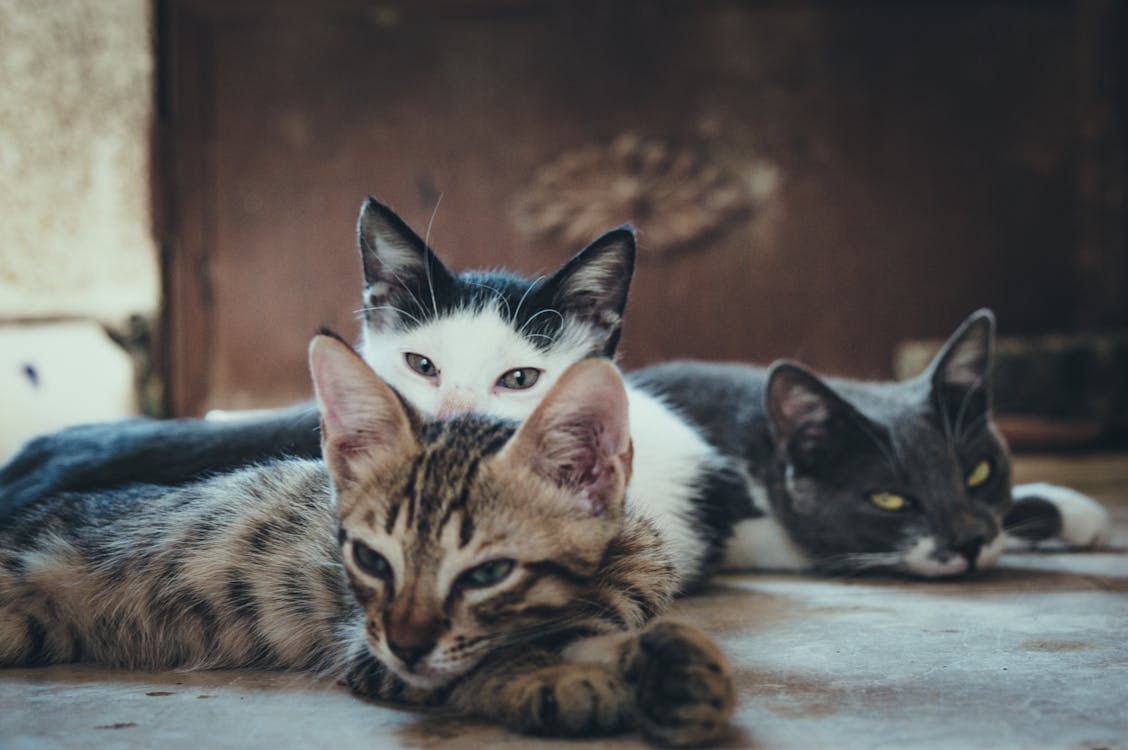
During the veterinary visit, your cat will undergo a series of examinations to assess their overall health and well-being. This may include:
- A physical examination to check your cat’s weight, temperature, heart rate, and more.
- Discussion of any concerns or changes in behavior you have noticed in your cat.
This comprehensive assessment will help your veterinarian provide the best care and recommendations for your cat’s health.
What to Discuss with Your Veterinarian
Your Cat’s Medical History
With your veterinarian, it is necessary to discuss your cat’s medical history. Provide information on any past illnesses, surgeries, or medications your cat has received. This will give the vet a comprehensive understanding of your cat’s health background and help them make informed decisions about future treatments.
Current Health Concerns
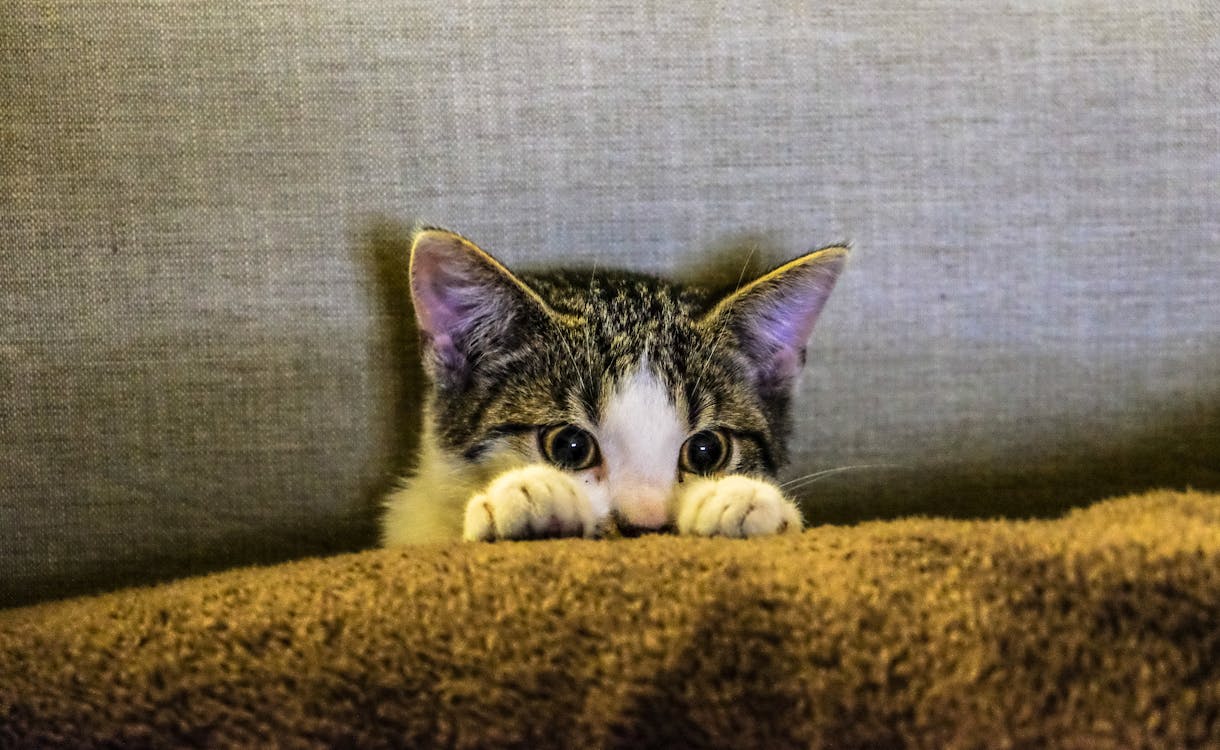
On your veterinary visit, make sure to update the veterinarian on any current health concerns you have noticed in your cat. This could include changes in appetite, drinking habits, litter box usage, or behavior. The more information you can provide, the better the vet can assess and address any potential issues.
Veterinarians rely on pet owners to be their eyes and ears when it comes to changes in a cat’s health. Even subtle differences in behavior or habits could be significant indicators of underlying health problems. Open communication with your vet is key to catching and treating issues early.
Nutrition and Diet
Medical professionals emphasize the importance of discussing your cat’s nutrition and diet with your veterinarian. The food your cat eats plays a crucial role in their overall health and well-being. Vets can provide recommendations on the best type of food, feeding schedule, and portion sizes tailored to your cat’s specific needs.
Discussing your cat’s diet with the vet can also help address any concerns about weight management, allergies, or dietary restrictions. Whether your cat needs a specialized diet or regular monitoring, your veterinarian can guide you in making the best choices for their nutritional requirements.
Lifestyle and Environment
With your veterinarian, take the opportunity to talk about your cat’s lifestyle and environment. Factors such as indoor or outdoor living, exposure to other animals, and environmental stressors can impact your cat’s health and behavior. By discussing these aspects, you and your vet can work together to create a safe and comfortable space for your feline friend.
Another important consideration for cat owners is providing enrichment and mental stimulation for their pets. Cats thrive in environments that offer opportunities for play, exploration, and social interaction. Your veterinarian can offer suggestions on how to enhance your cat’s quality of life through environmental enrichment.
Factors to Consider When Choosing a Veterinarian
Once again, choosing a veterinarian for your feline companion is a crucial decision that can profoundly impact their health and well-being. Taking the time to research and find the right fit for you and your cat is necessary. Consider the following factors when selecting a veterinarian:
Qualifications and Experience
There’s a range of qualifications and levels of experience in the veterinary field. Look for a veterinarian who is licensed and has experience working with cats. Additionally, consider if the vet has specific credentials, such as being a member of the American Association of Feline Practitioners (AAFP), which indicates a focus on feline care.
Clinic Facilities and Equipment
Any reputable veterinary clinic should have clean and well-maintained facilities. The clinic should also be equipped with necessary medical equipment for diagnosis and treatment. Look for a clinic that offers diagnostic services, such as x-rays and ultrasound, as well as in-house laboratory capabilities.
Qualifications matter when it comes to choosing a veterinarian. Ensure that the clinic you select follows the highest standards of care and stays up to date with the latest veterinary medical advancements.
Communication Style and Bedside Manner
Assuming a good relationship with your veterinarian is crucial for effective communication and understanding your cat’s health needs. Look for a veterinarian who takes the time to listen to your concerns, explains medical information in a way you can understand, and involves you in decision-making regarding your cat’s care.
Veterinarians who have a calm and gentle bedside manner can help reduce stress and anxiety for both you and your cat during veterinary visits.
Cost and Payment Options
You want to consider not only the quality of care but also the cost of veterinary services. Inquire about the clinic’s fees for routine check-ups, vaccinations, emergency visits, and other common services. Additionally, ask about payment options, such as pet insurance acceptance, payment plans, or other financial arrangements.
A veterinary clinic that offers transparency regarding pricing and payment options can help you make informed decisions about your cat’s healthcare without the burden of unexpected costs.
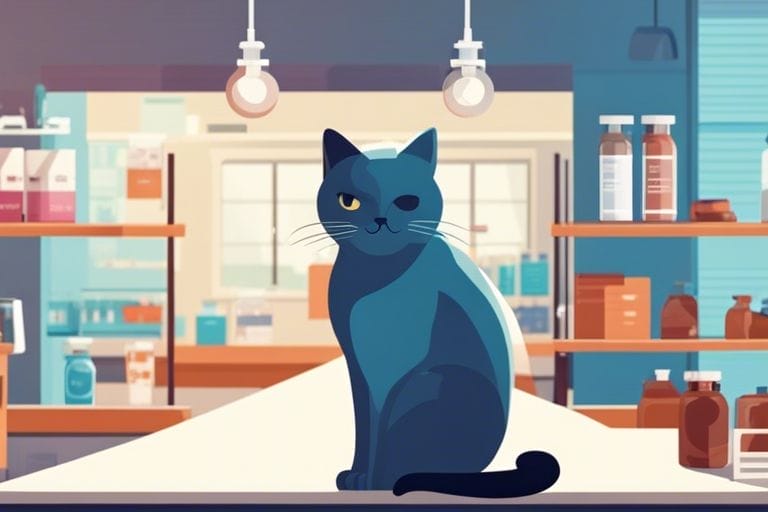
Pros and Cons of Different Veterinary Care Options
Traditional Western Medicine
With Traditional Western Medicine, your cat will receive evidence-based care that is rooted in scientific research and proven methods. This approach generally involves a diagnosis based on symptoms and laboratory tests, followed by treatment with pharmaceuticals or surgeries when necessary. Veterinarians trained in this method can provide efficient and effective solutions to a variety of health issues your cat may face.
On the downside, some pet owners may find that traditional veterinary care can be expensive, especially for more complex health problems. Additionally, there can be potential side effects from medications and procedures, and some cats may experience stress or anxiety from going to the vet.
Holistic and Alternative Medicine
Different from Traditional Western Medicine, Holistic and Alternative Medicine focuses on treating the whole cat, including their physical, emotional, and spiritual well-being. This approach may include acupuncture, herbal remedies, massage therapy, and dietary changes to promote overall health and wellness. Some pet owners appreciate the more natural and gentle approach of holistic care, especially for chronic conditions that may not have a clear-cut solution.
This method may not be suitable for acute or emergency situations where immediate medical intervention is necessary. Holistic treatments can also sometimes take longer to show results, requiring patience and commitment from pet owners.
Integrative Medicine
The Integrative Medicine approach combines the best of both Traditional Western and Holistic Medicine to provide a well-rounded treatment plan for your cat. This method aims to address the root cause of health issues while also considering alternative therapies to enhance healing and promote well-being. By utilizing a variety of modalities, veterinarians practicing Integrative Medicine can offer a more personalized and comprehensive approach to your cat’s healthcare.
Integrative Medicine can be a more time-consuming and costly option compared to traditional care. It may also require working with multiple practitioners and coordinating different treatments, which can be challenging for some pet owners. However, for those looking for a holistic yet evidence-based approach to veterinary care, Integrative Medicine offers a promising solution.
Options
When deciding on the best veterinary care for your cat, it’s vital to consider the pros and cons of each approach. Whether you choose Traditional Western Medicine, Holistic and Alternative Medicine, or Integrative Medicine, what matters most is finding a veterinarian who understands your cat’s unique needs and provides compassionate care tailored to their well-being.
Final Words
Presently, you have all the crucial information you need to make your cat’s veterinary visits a positive experience for both you and your furry friend. By preparing in advance, choosing the right veterinarian, and maintaining a regular schedule of check-ups, you can ensure your cat stays healthy and happy for years to come.
Remember to stay proactive about your cat’s health, listen to your veterinarian’s advice, and communicate effectively to address any concerns you may have. With proper care and attention, you can provide your cat with the best possible quality of life and enjoy a strong bond with your beloved pet.










